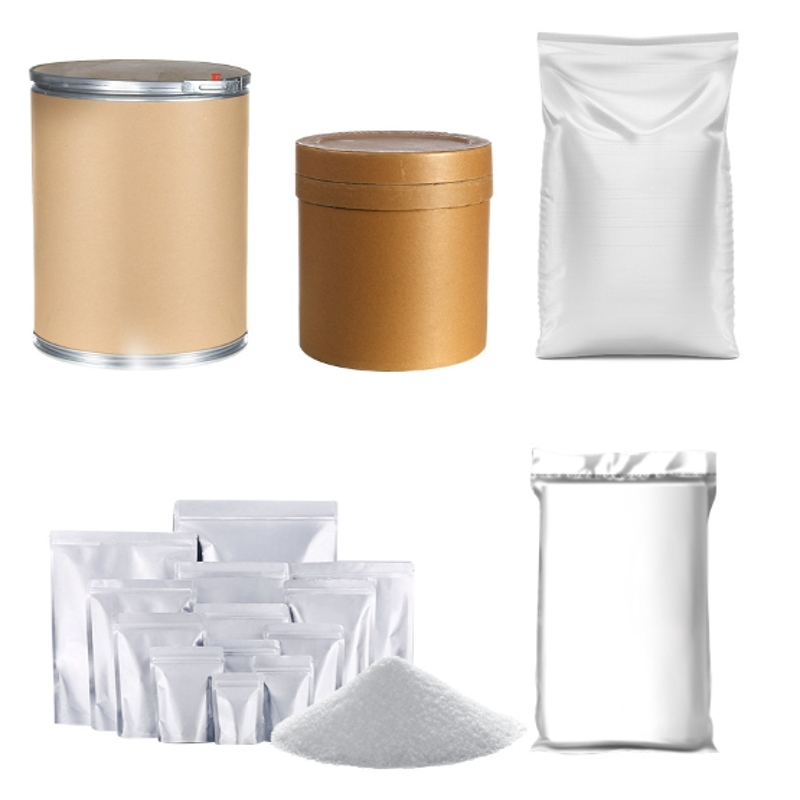-
Categories
-
Pharmaceutical Intermediates
-
Active Pharmaceutical Ingredients
-
Food Additives
- Industrial Coatings
- Agrochemicals
- Dyes and Pigments
- Surfactant
- Flavors and Fragrances
- Chemical Reagents
- Catalyst and Auxiliary
- Natural Products
- Inorganic Chemistry
-
Organic Chemistry
-
Biochemical Engineering
- Analytical Chemistry
-
Cosmetic Ingredient
- Water Treatment Chemical
-
Pharmaceutical Intermediates
Promotion
ECHEMI Mall
Wholesale
Weekly Price
Exhibition
News
-
Trade Service
Research Background:
To assess the effects
of long-term antibiotic treatment and/or persistent diarrhoea on vitamin K1 (VK1) levels and bleeding in infants (two to 24 weeks).
Research Methods:
A one-year case-control study conducted
at Ain Shams University in Egypt.
338 infants (2-24 weeks) were recruited into 3 groups (1:1:3 ratio); Group A (n=67) patients treated with antibiotics ≥ 10 days, group B (n=67) patients with persistent diarrhea for ≥ 14 days, and group C (n=204) infants who were age- and sex-matched had neither antibiotic treatment nor diarrhea
.
All underwent clinical evaluation, bleeding history, and their
complete blood count (CBC), PT and PTT, liver transaminases, and VK1 levels.
Research results:
The frequency of VKDB (vitamin K deficiency bleeding) and abnormal bleeding conditions increased significantly in cases compared to the control group
.
There was a clear negative correlation
between VK1 levels and duration of diarrhoea, duration of antibiotic use, and bleeding.
The use of antibiotics has a dangerous effect on VK1 levels in patients with diarrhea; Patients with persistent diarrhoea and VKDB (N=55) received antibiotics
in more people than patients with persistent diarrhoea and normal VK1 (N=12).
The longer the antibiotic treatment, the lower
the VK1 level.
Combination cephalosporin/penicillin therapy and/or diarrhea, particularly affecting VK1 levels
.
Conclusions:
VKDB is a preventable, life-threatening cause of bleeding that remains a major health problem in Egyptian infants, persistent diarrhoea and antibiotic abuse are widespread, necessitating a booster dose
of VK for those at high risk.
References:
Elalfy MS, Ebeid FSE, Elagouza IA, Ibrahim FA, Hassan NBM, Botros BA.
Negative Impact of Prolonged Antibiotics or Persistent Diarrhea on Vitamin K1 Levels in 2-24 Weeks aged Egyptian Infants.
Mediterr J Hematol Infect Dis.
2018 Jan 1; 10(1):e2018010.
doi: 10.
4084/MJHID.
2018.
010.
PMID: 29326806; PMCID: PMC5760067.







